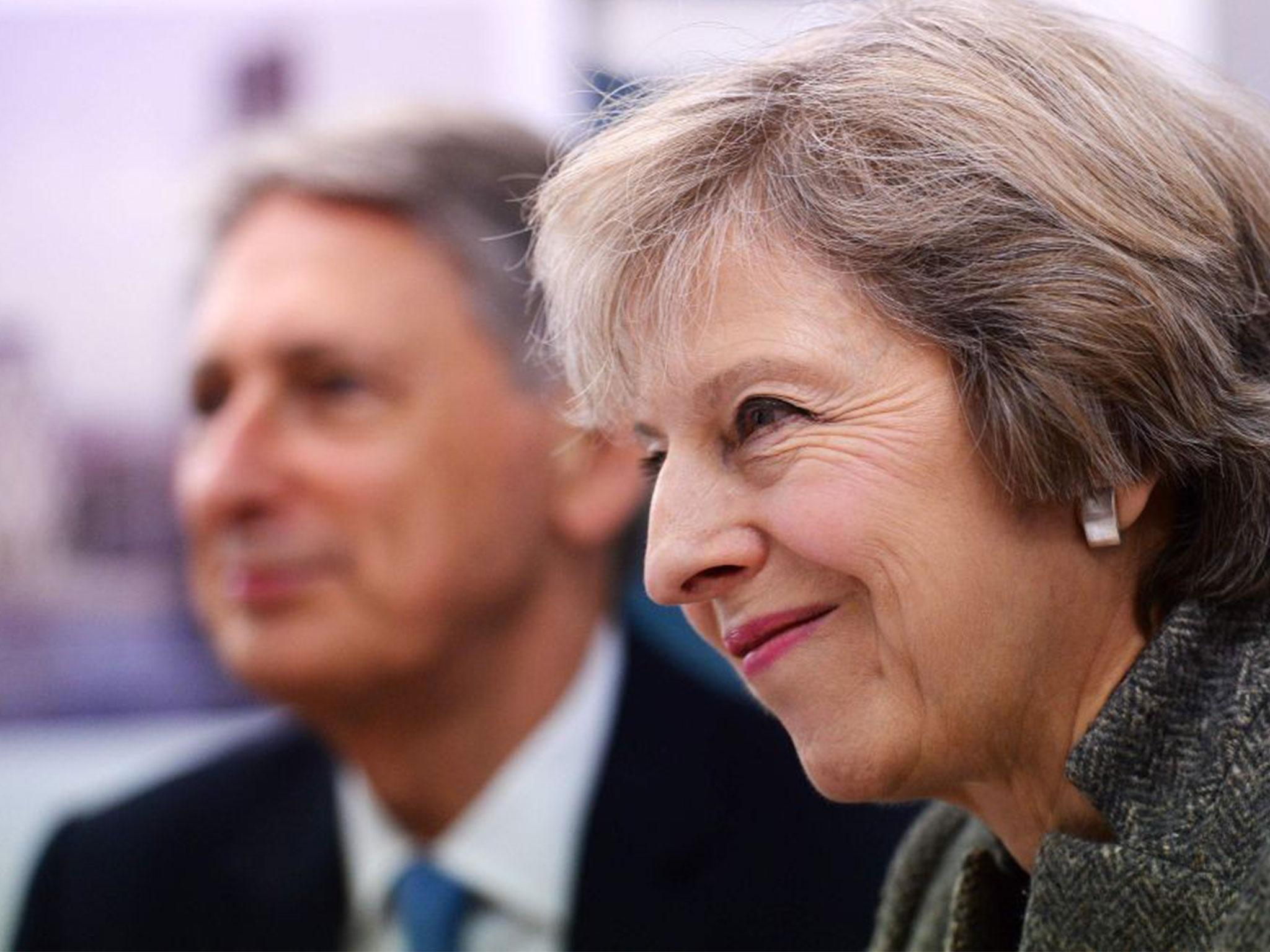We are lurching away from a hard or soft Brexit, and toward a stupid Brexit
As far as interest rate decisions go, this should be above politics. The whole point of giving the Bank of England independence was to take monetary policy out of government

Two key decisions of economic policy loom over the autumn. On 3 November the Bank of England’s monetary policy committee will decide whether to make another cut in interest rates to boost the economy. And in his Autumn Statement on 23 November, the Chancellor will set out the changes to fiscal policy that, following the vote to leave the EU, will be made to slow down the pace at which the budget deficit will be reduced.
In a rational, competently managed country both decisions would be made on their technical merits. Does the balance of evidence suggest that the economy needs another cut in rates? To what extent does the slowing of the economy, if that is what is happening, justify a shift in fiscal policy?
Theresa May’s proposition to the country is that she will lead a rational and competent Government. Her pitch to the EU leaders last week was that Britain would be constructive in its approach to negotiations and that she expected the same from them. All that is in the future. But on these two immediate economic decisions, ill-discipline (and some sheer nastiness) in her party suggests that to be rational and competent is not at all how this government is behaving.
As far as the interest rate decision goes, this should be above politics. The whole point of giving the Bank of England independence was to take monetary policy out of government. Manipulation of interest rates by successive Chancellors for political gain were made a thing of the past – a decision welcomed right across the political spectrum. Yet now senior Tory politicians are calling for the head of Governor Mark Carney for supposedly being partisan in the Brexit debate and post-Brexit situation. Theresa May herself criticised the Bank’s low-interest rate policy in her party conference speech, though she does apparently hope that he will stay in office for a full term. Whatever view you take of the effectiveness and costs of ultra-easy money, and there are legitimate objections to the policy, the attacks should bear in mind that the Bank of England is independent of politicians for a very good reason.
The attacks on the Governor are ineffective, if unpleasant. He and his fellow rate-setters have a statutory duty to fulfil. But the attacks on the Chancellor are potentially really destructive, for they undermine the authority of the entire Government on a crucial issue: its economic policies. In the first six months of the financial year the fiscal deficit was running above the target set in George Osborne’s Budget in March. Given the lags in the economy this suggests that irrespective of the Brexit vote, there was already a problem that his successor Philip Hammond would need to tackle. Brexit will make the shortfall worse. Not one single economic forecast has suggested that it will improve growth and public finances in the short term, though the outlook may be more nuanced in the long.
So the Chancellor and the Treasury have a problem. Given this, it is quite reasonable for Mr Hammond to warn in Cabinet that there are looming economic costs to an ill-judged settlement with the EU. Put bluntly, a hard Brexit will be worse for the economy than a soft one. Every foreign banking job that is shifted abroad means less tax revenue; every foreign student that is denied a visa means no fee for the university concerned. If Mr Hammond were not to warn about these consequences he would not be doing his job. Yet senior Tories, including some in the Cabinet, feel free to brief against him: that he has been “captured” by the anti-Brexit officials in the Treasury and that he is seeking to thwart the will of the people as demonstrated in the referendum. We have got to the stage where two former ministers, Anna Soubry and Nicky Morgan, have called on the Prime Minister to stop other ministers leaking anti-Hammond stories to the press.
Lord Hill, the former European commissioner and Tory leader in the House of Lords, told the BBC Today programme that the choice was not between a hard Brexit and a soft Brexit. Rather it would be between a stupid Brexit and a more intelligent one. That negotiation is in the future. On the evidence so far on both monetary and fiscal policy, many Tory politicians are trying to nudge the debate towards the stupid end of the spectrum.
Join our commenting forum
Join thought-provoking conversations, follow other Independent readers and see their replies
Comments
Bookmark popover
Removed from bookmarks